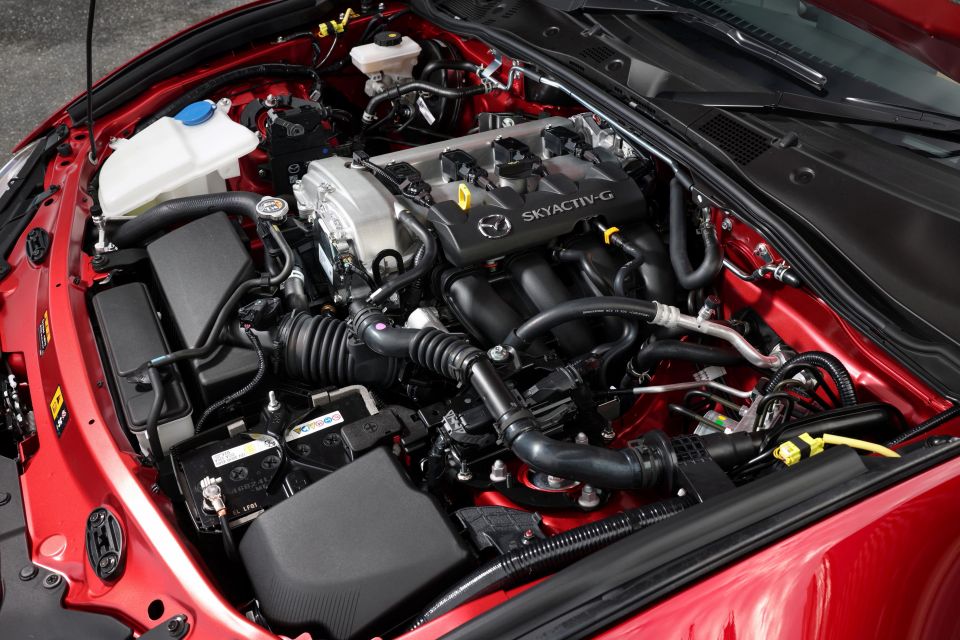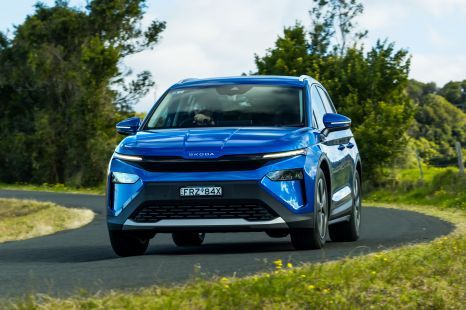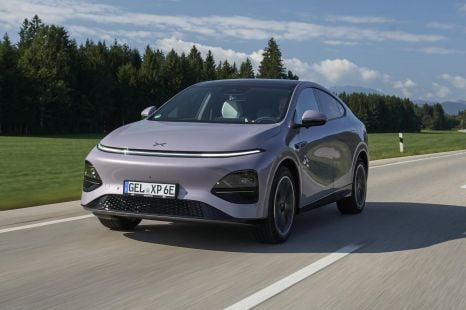

Max Davies
2026 GWM Cannon Ultra review
6 Days Ago

Contributor
Mazda has halted shipments of certain models in Japan after it was found to have altered engine certification test results, while doctoring the crash test data from another popular model.
UPDATE, 11:30am June 4: Mazda Australia has confirmed the testing irregularities don’t affect locally delivered models. Our story has been amended below to reflect this.
It was called into question by Japanese government officials after “irregularities” were found in the engine control software for the Mazda MX-5 RF from 2018 onwards, plus the Mazda 2 from 2021 onward.
“In the certification testing for the on-boarded engine output of gasoline [petrol] engine, the test should have been performed using engine control software in the same condition as a mass-production vehicle, but it was conducted by using control software in which the ignition timing adjust function was partially deactivated,” the carmaker said.

“We will promptly conduct the tests again under the same conditions as those for mass-production vehicles and make preparations to undergo a re-examination by the authorities for type designation,” Mazda said regarding the MX-5 RF.
While Mazda Australia exclusively sources the MX-5 RF from Japan (and imports the Mazda 2 from Thailand), the carmaker has since said the irregularities only affect Japanese-market models.
“The type designation irregularities do not relate to Australian Mazda vehicles,” a spokesperson told CarExpert.

The carmaker also admitted to falsifying crash safety test results for the Mazda 6 sedan and wagon (sold in Japan as the Atenza), as well as the Mazda 3 sedan and hatchback (marketed as the Axela in Japan).
“In a certification test for occupant protection in the event of a frontal collision, an external device was used to trigger a timed activation of the airbag instead of spontaneous activation based on collision detection by an onboard sensor,” Mazda Corporation said.
While affected Mazda 3s were built between August 2016 and February 2019, the Mazda 6 was impacted by the “irregular processing” since 2014, with the testing disparity since rectified in all examples produced from April.
Automotive News reports other Japanese manufacturers including Toyota, Honda, Yamaha and Suzuki were also found to have made misstatements in past test reports, with the Australian-delivered Toyota Yaris Cross understood to be affected.
Where expert car reviews meet expert car buying – CarExpert gives you trusted advice, personalised service and real savings on your next new car.
Born and raised in Canberra, Jordan has worked as a full-time automotive journalist since 2021, being one of the most-published automotive news writers in Australia before joining CarExpert in 2024.


Max Davies
6 Days Ago


Josh Nevett
4 Days Ago


Max Davies
4 Days Ago


Max Davies
3 Days Ago


Neil Briscoe
2 Days Ago


Max Davies
1 Day Ago